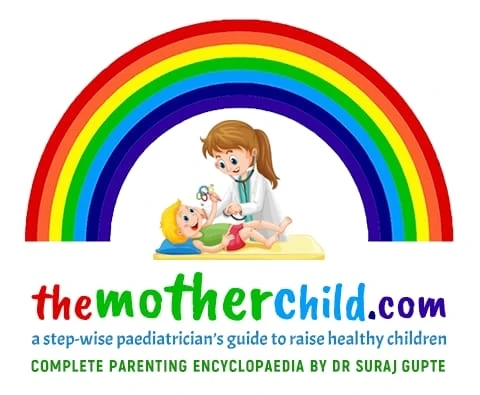Babies are supposed to be the result of love, not pain and anguish, right? Unfortunately, that’s not always the case. Childbirth can cause problems in childbirth that no one tells you about, and can even lead to long-term health issues down the road. The following five problems in childbirth aren’t talked about enough, but are just as important as any other part of pregnancy.
1) Breech Birth
Breech birth is when the baby is positioned bottom-down instead of head-first in the womb. While about 3% of births are breech, it's one of the most common pregnancy complications. If you're having a breech birth, your doctor will likely recommend a C-section.
2) Baby Heartbeat Interference
One of the most common pregnancy complications is interference with the baby's heartbeat. This can happen for a number of reasons, including the position of the baby, the size of the baby, and the amount of amniotic fluid. If you're having this problem, your doctor will likely recommend a C-section.
3) Labor Induction
Although labor induction is generally safe, it can sometimes lead to common pregnancy complications like uterine rupture, low amniotic fluid, and meconium staining. Plus, if your body isn't ready for labor, the induction process can be quite painful.
4) Injured During Delivery
No one ever talks about the injuries that can happen during childbirth. But the reality is, they can and do happen. Sometimes the baby's head can be misshapen from passing through the birth canal, or the mother can suffer from a tear in her perineum (the area between the vagina and anus). In more rare cases, the baby can suffer from a fractured skull or spinal cord damage.
5) Postpartum Hemorrhage
After you give birth, it's normal to lose some blood. But sometimes, women can experience postpartum hemorrhage, which is when you lose more than 500 milliliters of blood. This can happen because of uterine tearing, low blood pressure, or an infection. Postpartum hemorrhage can be dangerous, so it's important to be aware of the signs and symptoms. If you're bleeding heavily or for more than a few hours after giving birth, seek medical help immediately.
0



